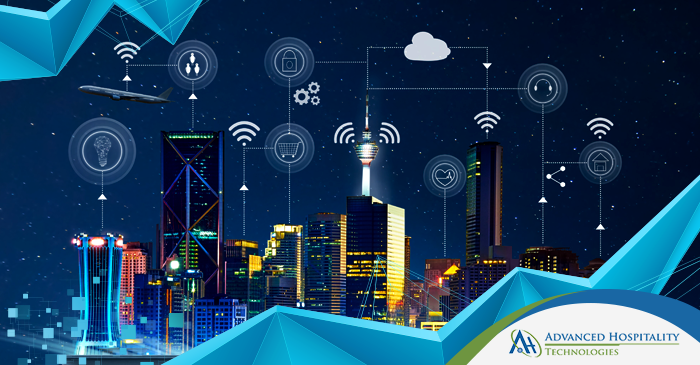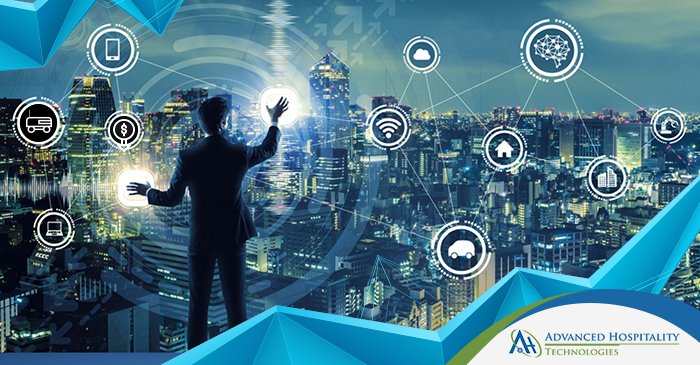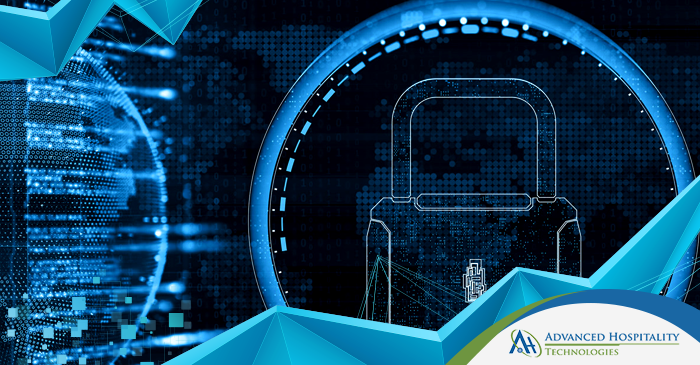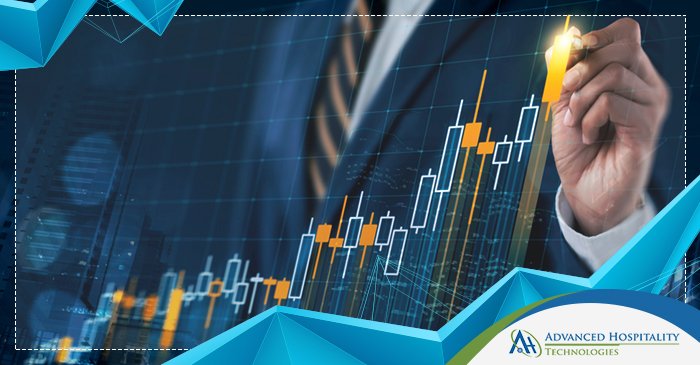The massive influx of A.I. , voice assistants, Bluetooth, and IoT have completely changed the way hotels deliver services. The smart home initiative is transforming how we interact with technology and the way we integrate it into our daily lives.
Hotels are therefore leading the transition to “smart” building tech which includes a series of technologies that make assets more efficient, comfortable, and eco-friendly.
Gretchen Hartley, Senior Director of Global Design at Marriott International, established in a comment that personalization will be the new frontier for hospitality businesses in the coming years. She discussed that Marriot is constantly looking into new areas of technology that further enhance the guest experience.
Speeding Up Check-Ins
Checking-in to the hotel upon arrival remains a frustrating experience in the travelers’ journey. However, a large number of hotels, both franchise & stand-alone, are constantly seeking automated check-in kiosks & robots to quickly onboard guests.
Cognizant concludes in its latest Hospitality in the Digital Era research that travelers increasing demand easy and frictionless check-in as general technology integration in hotels. The report establishes that by 2025, hotels will deliver “straight to the room experience”, with check-in lines becoming a distant memory.
Biometrics will be a leading feature in the coming years, with amenities like facial and fingerprint recognition becoming popular security factors for check-in and room access. Casino hotels have already reaped great benefits from biometric security scanning & fraud detection.
Austin based research firm, Software Advice, identified in a survey that nearly 41% of respondents said they choose hotels with facial recognition technology. Fingerprint tech is already mainstream with a growing number of mobile manufacturers embedding it as a smartphone feature.
“Smart buildings can also be defined as connected buildings,” … (They are) “the product of an omni-channel approach focused on generating meaningful information to support decision making through data analysis.”
– Marco Macagnano, Ph.D., Senior Manager & Lead: Smart Real Estate with Deloitte Consulting.
Robots, Staffless Hotels, and Guest Experience
The synergy of robots and artificial intelligence tools is creating great opportunities for hotels to maintain an unparalleled guest experience. The Marriott Bonvoy app is possibly one of the most intuitive applications of these technologies today.
The Bonvoy app offers a cloud-based environment with features including global bookings, mobile check-in, personalized requests, room service, concierge chat, and robot assistance in Marriott hotels.
Marriott’s robot butler Wally can be messaged through Bonvoy to deliver small items like toiletries, cutlery, and other small essentials directly to guest rooms. This staffless service is cost-friendly for both the hotel and the guest. Lodging Magazine identified in a 2019 news report that staff salaries remain the largest expense on the hotel profit and loss statement.
The Internet of Things
Gartner Research predicts there will be close to 26 billion IoT devices in use by 2020. Hospitality businesses are actively investing in highly digitized properties as popular amenities for travelers & tourists, who are savvy with smartphones & other IoT wearables.
Cognizant predicts that by 2025 IoT technology will be a common part of hotel offerings. Hotels are offering guests amazing engagement features through smartphones including poolside requests, spas, tours, restaurant information and much more.
IoT devices are also a brilliant application for in-room control. Several hotels are now giving guests full control of Bluetooth entertainment devices, voice assistants, heating, lighting, and chat directly through smartphones and tablets.
Personalization & The Guest Experience
Personalization is the new “black” for hospitality.
As hotels transition into smart buildings, tech personalization will be the defining factor for revenue, returning guests, and environment-friendly operations. Hotels are cleverly utilizing A.I. and big data to personalize guest stays while retaining them for a lifetime.
Impact of Technology Solutions on Hotel Guest Overall Satisfaction
McKinsey’s research estimates that businesses that will personalize their customer journeys will boost as much as 15% revenue while reducing service costs by almost 20%. In their research, McKinsey identified a case study where leveraging predictive analysis and customer profiling grew guest acceptance rates of promotions by 300% in a single year.
The transition into smart building usually begins with “smart rooms.” As guests get more control over their room amenities & features, hotels can develop a more in-depth understanding of individual guest preferences.
This hyper-personalization, Cognizant establishes, will be a prerequisite of smart hotels in the near future. Guests will expect notifications and updates on special offers for restaurants, tours, spas, and other lifestyle amenities. Families with children will be able to secure childcare, special needs guests can request assistance etc.
Digital platforms and social networks will also play a massive role in hotels in understanding travel and tourism demographics. With real-time A.I analysis of big data, hoteliers will know how and when to target their existing and new prospect guests.
Conclusion
Our digitized lives will push hoteliers to adopt a more technology-powered approach to service delivery. This transition to smart building has not only increased hotel investment in connected technologies but also enhanced their trust in its benefits.
Hoteliers are quickly adapting to the changing nature of hospitality consumers, while focused on how to enhance technology for superior guest experiences. Stay tuned for more interesting reads from our experts. Remember to visit us again for updates, insights, news, and research reports.
Until next time, see you again soon.
Advanced Hospitality Technologies is a leader in Hospitality Technologies. We have an award winning benchmark for providing affordable, reliable and most advanced hospitality Technology Solutions.




